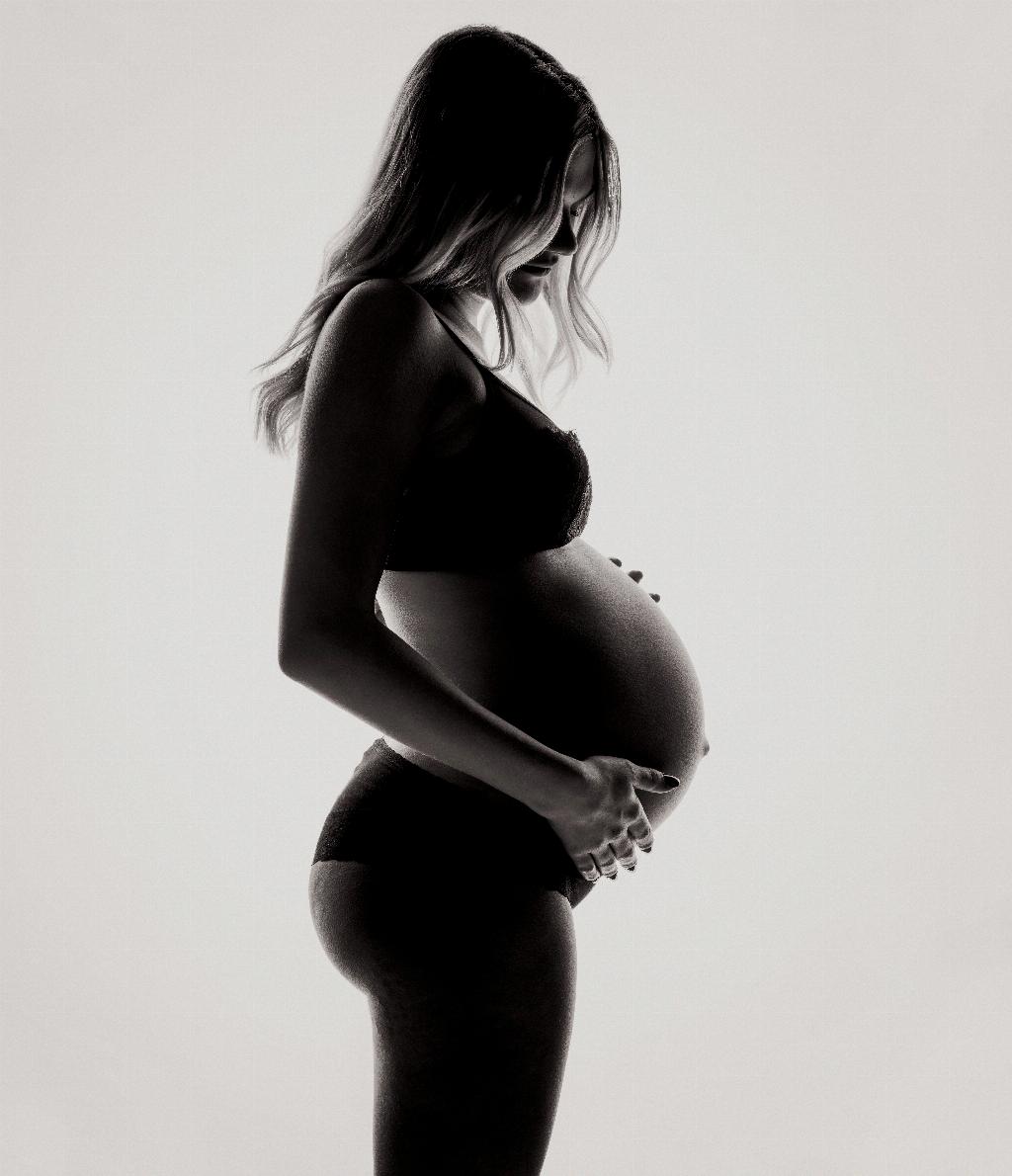When it comes to taking a pregnancy test after missing your period, the timing of the test is crucial. Pregnancy tests work by detecting the hormone hCG, which is only produced during pregnancy. If you take a test too early, especially before your period is due, you may get a false negative result.
Factors that Influence Pregnancy Test Results
There are several factors that can affect the accuracy of a pregnancy test, leading to a negative result even after 15 days of a missed period. One common reason is taking the test too early, before hCG levels are high enough to be detected.
Possible Explanations for a Negative Test
If you receive a negative pregnancy test result after 15 days of a missed period, it can be discouraging and confusing. However, there are several possible explanations. One reason could be that you ovulated later than expected, pushing back the date of implantation and the subsequent rise in hCG levels.
Other Reasons for a Negative Test Result
Another reason for a negative test result after 15 days of a missed period could be a faulty or expired pregnancy test. It is important to check the expiration date and follow the instructions carefully when taking a test to ensure accurate results.
Importance of Waiting and Retesting
If you receive a negative test result after 15 days of a missed period, it is advisable to wait a few more days and retest. Sometimes, hCG levels may not be high enough to detect early in pregnancy, and waiting can provide more accurate results.
When to Consult a Healthcare Provider
If you continue to receive negative test results after several attempts, it may be time to consult a healthcare provider. They can perform a blood test, which is more sensitive than urine tests and can detect lower levels of hCG.
Understanding Menstrual Cycle Irregularities
Menstrual cycle irregularities can also contribute to a negative pregnancy test after 15 days of a missed period. Conditions like polycystic ovary syndrome (PCOS) can cause irregular periods and make it challenging to pinpoint ovulation and implantation dates accurately.
Effect of Stress on Menstrual Cycle
Extreme stress and anxiety can also impact your menstrual cycle and potentially delay ovulation and menstruation. This delay can lead to a negative pregnancy test even when pregnancy is a possibility.
Considerations for False Negative Results
It is essential to consider the possibility of false negative results when interpreting a pregnancy test after 15 days of a missed period. Factors like medication, improper testing technique, and diluted urine may also affect the accuracy of the test.
Seeking Support and Guidance
If you are experiencing uncertainty or anxiety about the results of a pregnancy test, seeking support from a healthcare provider or a counselor can be beneficial. They can offer guidance and clarity during this potentially stressful time.
Conclusion
In conclusion, a negative pregnancy test after 15 days of a missed period is not uncommon and can have various explanations. It is essential to consider factors like timing, accuracy of the test, menstrual cycle irregularities, and stress when interpreting the results. Waiting a few more days and retesting, as well as consulting a healthcare provider if necessary, can provide clarity and peace of mind.

